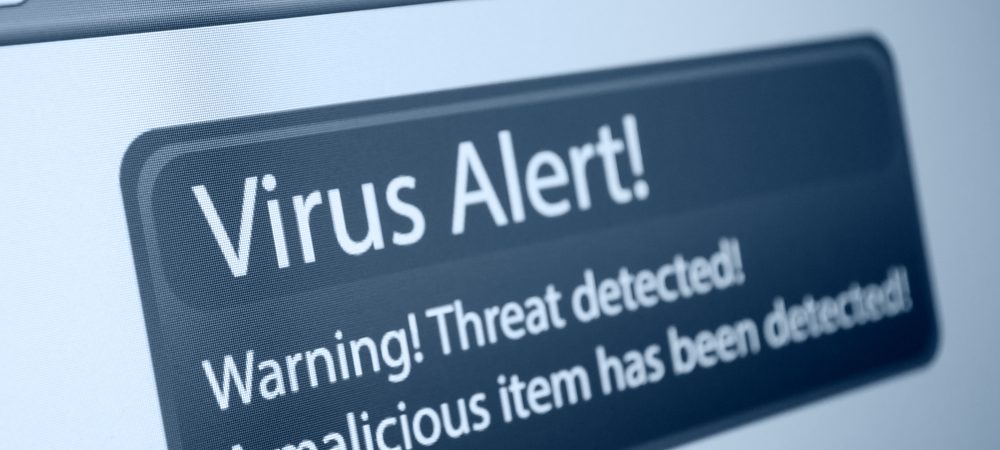In today’s always-online society, viruses are commonplace. Everything from Twitter to CBC News comment sections can be hiding a nasty surprise in plain sight, and countless people fall victim to computer infections every year. When an unsuspecting employee downloads a virus, the consequences for the network can be devastating. While it’s impossible to guarantee absolute immunity to all the risks out there, here are a few signs that your system has an unwelcome visitor.
Contents
Unexpected toolbar additions and strange browser tweaks.
Strange new additions to your browser such as plugins, toolbar additions, and tweaks to your settings that you didn’t make are dead giveaways. Also, be wary of browser home page changes and odd pop-up messages that make little to no sense to you. Avoid websites filled to the brim with copy-pasted clickbait and dozens of ads. Public file-sharing sites are a huge no-no as well.
It goes without saying that viruses are engineered to bypass antiviral programs such as Norton 360 as best as possible, though constant updates from such companies are a strong defence. If your system is disabling antiviral software and/or preventing it from being even started, not installing new software or even preventing downloads, then you have a particularly nasty infection on your hands.
Extended extensions, distorted dialogue, and rapid-fire reboots.
Another symptom of infection is a recently opened file with two extensions (.gif, .jpg, .exe) at the end of the filename. Dialogue in message boxes or interfaces with incomprehensible lines of text are also bad news. Finally, if your system is constantly flickering, blue-screening into restart mode, making erratic noises or not responding, then rest assured that you need to address the issue immediately.
There are often subtle, less dramatic signs that your system has been accessed externally through the web, including when systems begin to suffer from slowdown. At first it might not be very intrusive or distracting, but over time this can easily grow into a bigger detraction of processing power that suffocates your system’s performance.
Hard disks and even external drives locking up or appearing to lose files each time you access them are another thing to watch out for, and at this time it’s best to remove external devices from all inputs in an attempt to isolate the issue. If drives start adding unwanted files, then you’ve definitely been infected as well. Social media interactions with strangers or duplicated accounts can be equally hazardous to your privacy and system security. Even something as simple as a like on an Instagram photo from a fake account is method of gaining access to your information. Keep those blocking and reporting tools handy.
Be alert, not afraid.
In the end, infection is honestly a rite of passage for computer users. That being said, having strong antiviral software installed and applying common sense to each click is invaluable towards maintaining your privacy, security, and peace of mind.
At Revolution Networks, we understand how clicking one link can compromise the entire infrastructure of your network. We take a pro-active approach to preventing viruses with education, monitoring, and off-site backups to protect sensitive data from a viral threat. Learn more about our anti-virus/anti-spam services today.


